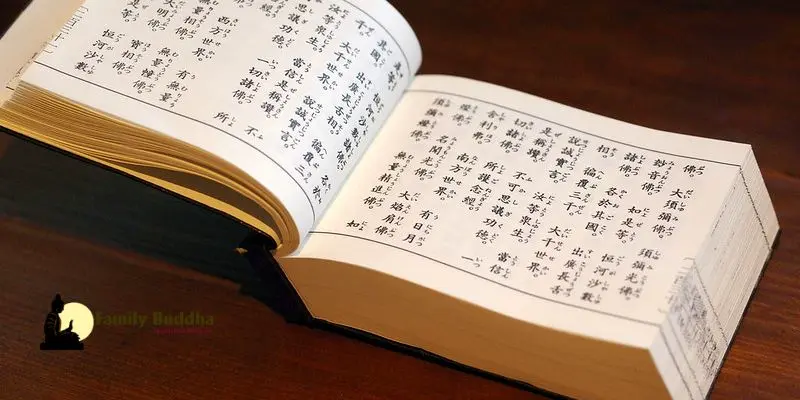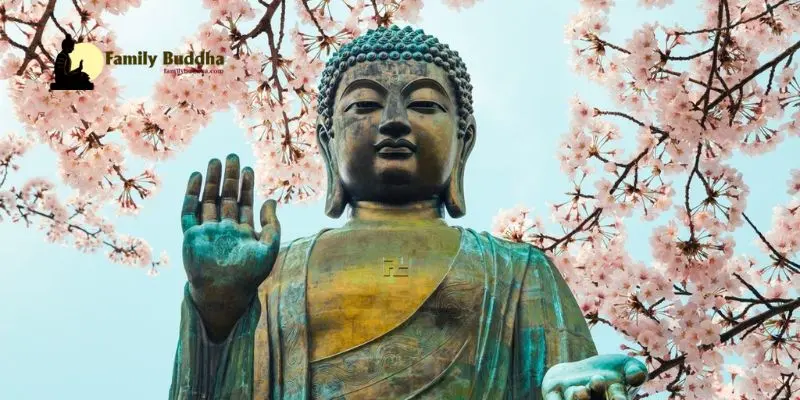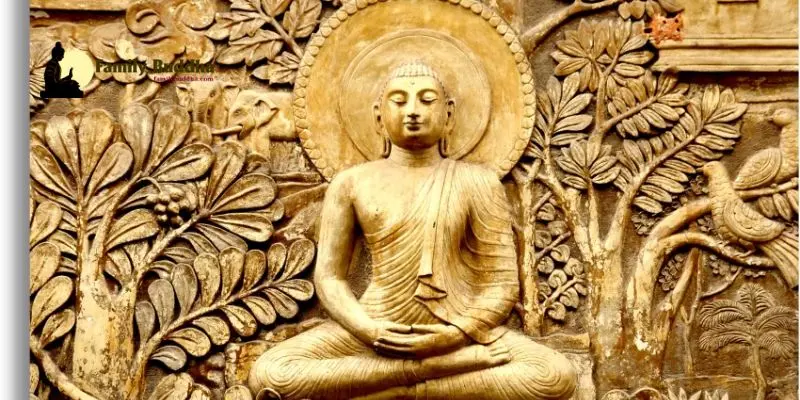Have you ever gazed upon a lotus flower, its pristine petals emerging gracefully from muddy waters, and felt a sense of profound wonder? This image, deeply ingrained in Vietnamese culture as the embodiment of resilience and purity (“gần bùn mà chẳng hôi tanh mùi bùn”), lies at the heart of Buddhist teachings. E koji Buddhist Sangha, like many other Buddhist communities around the world, offers a path towards cultivating this inner lotus – a journey of self-discovery, compassion, and ultimately, enlightenment.
What is E koji Buddhist Sangha?
The term “sangha” in Buddhism refers to a community of practitioners, a spiritual family brought together by their shared commitment to the Dharma, the teachings of the Buddha. While the specifics of E koji Buddhist Sangha remain unclear without further context, it likely represents a unique expression of Buddhist principles, shaped by the culture and experiences of its members.
Understanding the Importance of Sangha
In Vietnamese culture, the concept of community, of “tình làng nghĩa xóm”, runs deep. Buddhism beautifully complements this value, emphasizing the interconnectedness of all beings. The sangha provides a supportive environment where individuals can:
- Learn and grow together: Sharing the journey on the path to enlightenment.
- Practice meditation and mindfulness: Cultivating inner peace and clarity.
- Engage in acts of kindness and service: Extending compassion to all beings.
Delving into the Heart of Buddhist Teachings
Buddhism, unlike many other religions, is not about blind faith or worshipping a deity. It’s a practice, a way of life centered around understanding the nature of reality and cultivating our inherent wisdom.
The Four Noble Truths: A Roadmap to Liberation
Imagine a doctor diagnosing an illness and then offering a path to healing. The Four Noble Truths operate similarly, providing a framework for understanding and overcoming suffering:
- The Truth of Suffering (Dukkha): Life inherently involves suffering, from physical pain to emotional distress.
- The Truth of the Cause of Suffering (Samudaya): Suffering arises from attachment, aversion, and ignorance.
- The Truth of the Cessation of Suffering (Nirodha): Suffering can cease by eliminating its root causes.
- The Truth of the Path to the Cessation of Suffering (Magga): The Noble Eightfold Path leads to the end of suffering.
The Noble Eightfold Path: A Practical Guide to Living
This path, often depicted as a dharma wheel with eight spokes, outlines the areas we need to cultivate to achieve liberation:
- Right Understanding: Developing wisdom and seeing reality clearly.
- Right Thought: Cultivating compassionate, selfless thoughts.
- Right Speech: Speaking truthfully, kindly, and mindfully.
- Right Action: Acting ethically and non-harmingly.
- Right Livelihood: Earning a living in an ethical and honest way.
- Right Effort: Cultivating wholesome qualities and abandoning unwholesome ones.
- Right Mindfulness: Paying attention to the present moment without judgment.
- Right Concentration: Developing focused attention through meditation.









